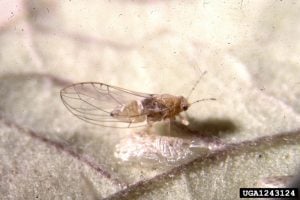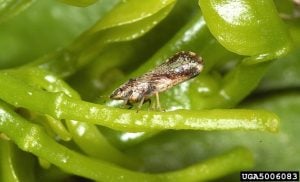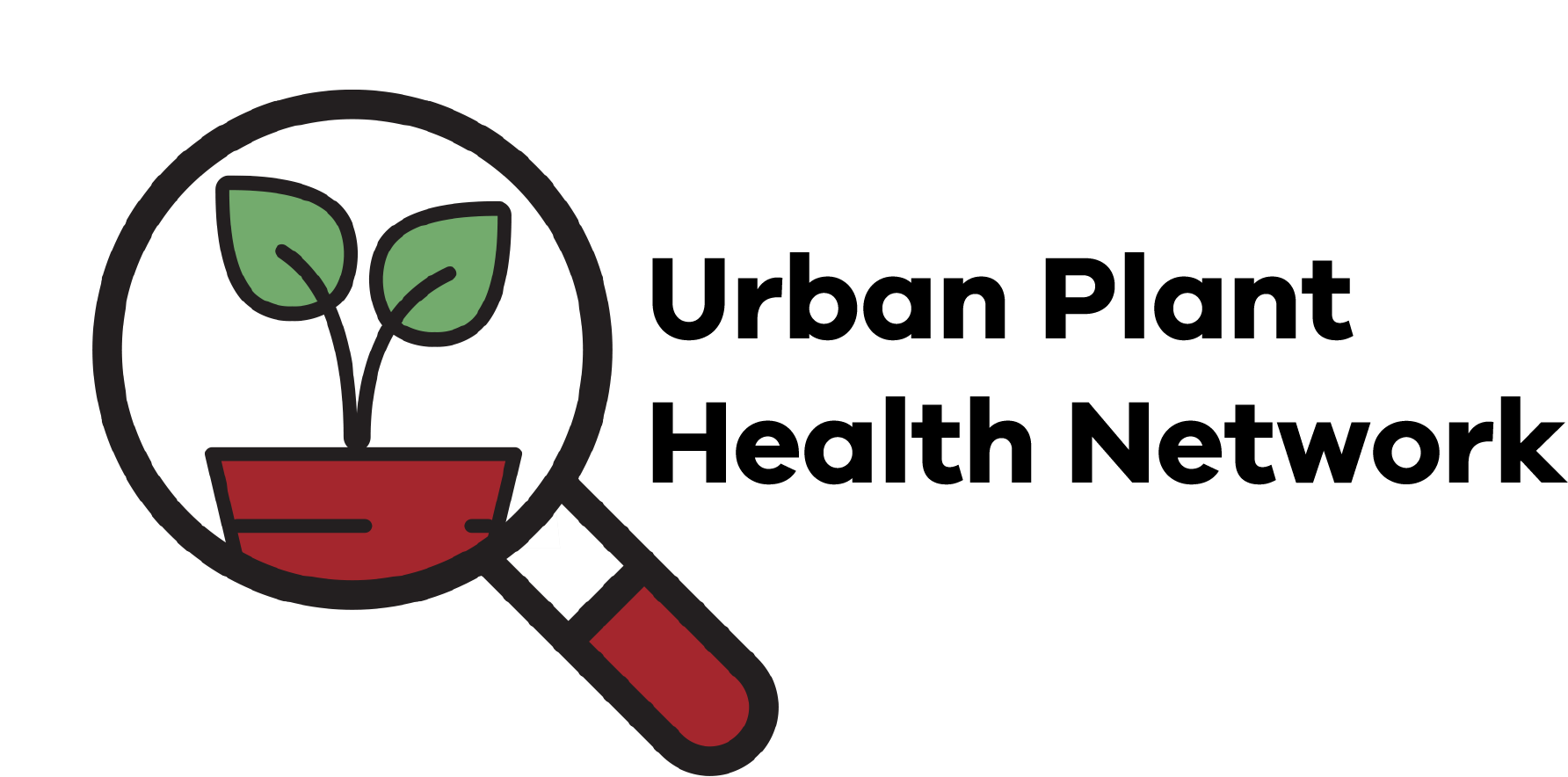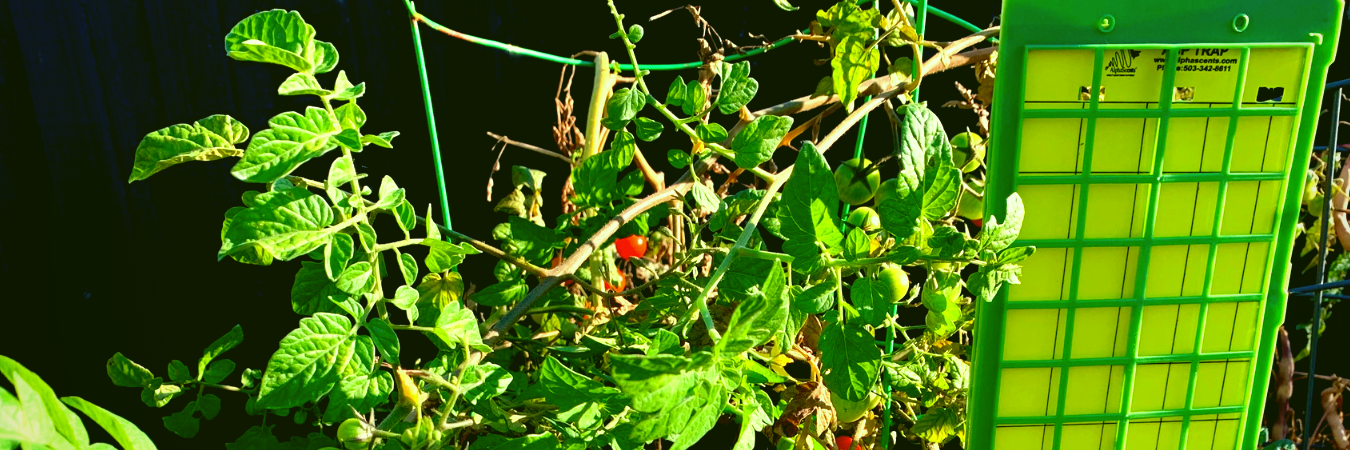This Easter, gardeners around Melbourne are setting traps in their veggie patches and citrus trees to help Agriculture Victoria researchers search for exotic psyllids. Recently we posted a call out on social media seeking volunteers for Asian Citrus Psyllid and Tomato Potato Psyllid surveillance around the Melbourne metro area. Urban gardener, Jo Turner, volunteered for the surveillance and has begun putting the traps in her garden. “I’m happy to participate in this trapping program to assist in ensuring the safety and viability of Victorian crops” Mrs. Turner said. So what is Tomato Potato Psyllid and Asian Citrus Psyllid surveillance and why is it important?
Tomato Potato Psyllid (TPP) is an extremely detrimental pest as it is a known vector of the bacterium Candidatus Liberibacter solanacearum (CLso), which has devastated solanaceous crops in many other countries. It feeds on a range of plants in the Solanaceae family, including potato, tomato, eggplant, goji berry, capsicum, chilli and tamarillo, as well as sweet potato (Convolvulaceae). TPP is not currently found in Victoria, however it was discovered in Western Australia for the first time in 2017. To prevent any potential TPP establishment in Victoria, Agriculture Victoria has partnered with the Western Australian Department of Primary Industries and Regional Development to develop an early warning system to detect any potential TPP introduction to Victoria.

Teneral adult Tomato Potato Psyllid. Image credit: Whitney Cranshaw, Colorado State University, Bugwood.org
Asian Citrus Psyllid (ACP) is currently exotic to Australia, but has been causing havoc in the USA, including major damage to backyard citrus trees and orchards. ACP causes direct damage to plants but its most damaging feature is that it transmits the bacterial disease huanglongbing (HLB), previously called citrus greening. There is currently no treatment for HLB. ACP and HLB would affect all commercial and Australian native citrus trees, and its presence in Indonesia, Papua New Guinea and Timor Leste poses a significant threat to Australia.

Adult Asian Citrus Psyllid. Image Credit: David Hall, USDA Agricultural Research Service, Bugwood.com
The aim of this surveillance is to prove area of freedom for Victoria from TPP, and also monitor for any introduction of ACP, which will allow for important plant-related trades to continue. This project is being conducted in partnership with Agriculture Victoria and Citrus Australia, because biosecurity is a shared responsibility and pest surveillance is most effective when multiple stakeholders work together. This round of surveillance will be the fourth season of TPP surveillance that has been undertaken by Agriculture Victoria research entomologists over the last two years, while Citrus Australia has been conducting a pilot trapping program in orchards and nurseries since spring 2019 to build on the surveillance by governments. This is the first time these stakeholders have come together to undertake a collaborative approach to trapping and surveillance of these psyllids. The general community can play their part not only to protect their garden but safeguard important export industries.
Further Information
More information on Tomato Potato Psyllid can be found in our article or listen to Callum Fletcher of AUSVEG in our podcast.
More information on Asian Citrus Psyllid can be found in our article.
Citrus Australia undertook a study tour to the USA to learn further about ACP and HLB and the report can be read here.
DPIRD have information on their website regarding TPP.

